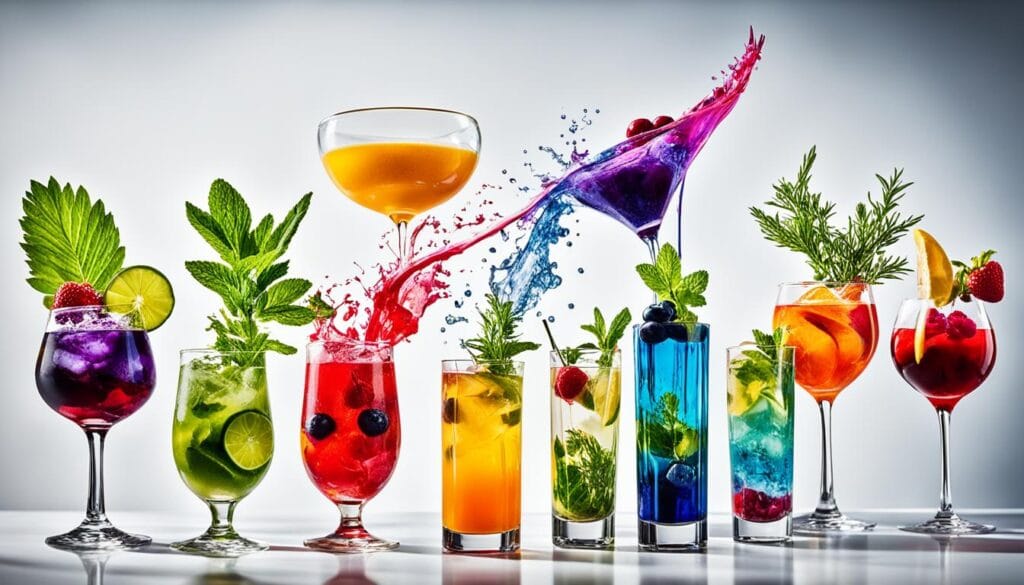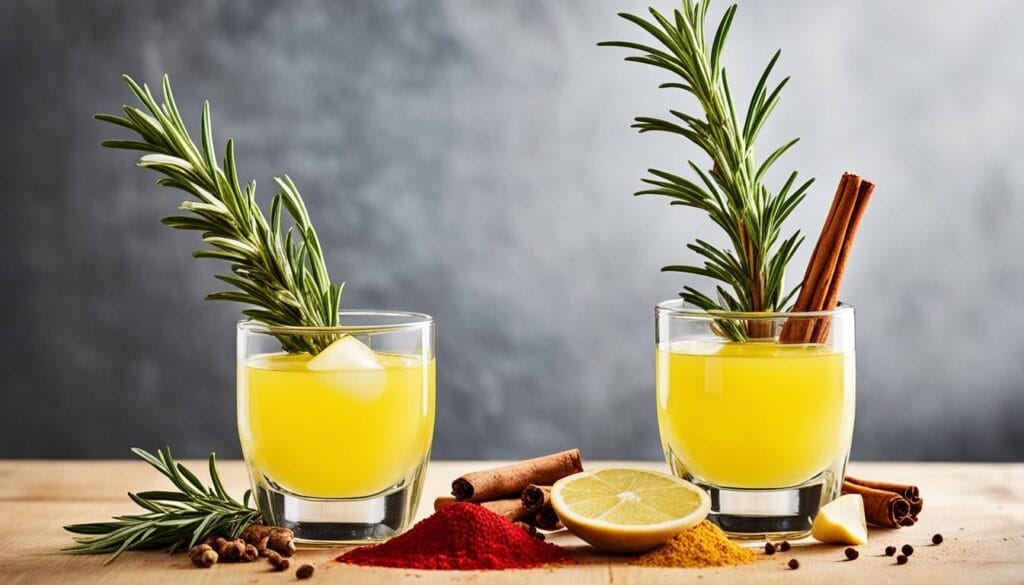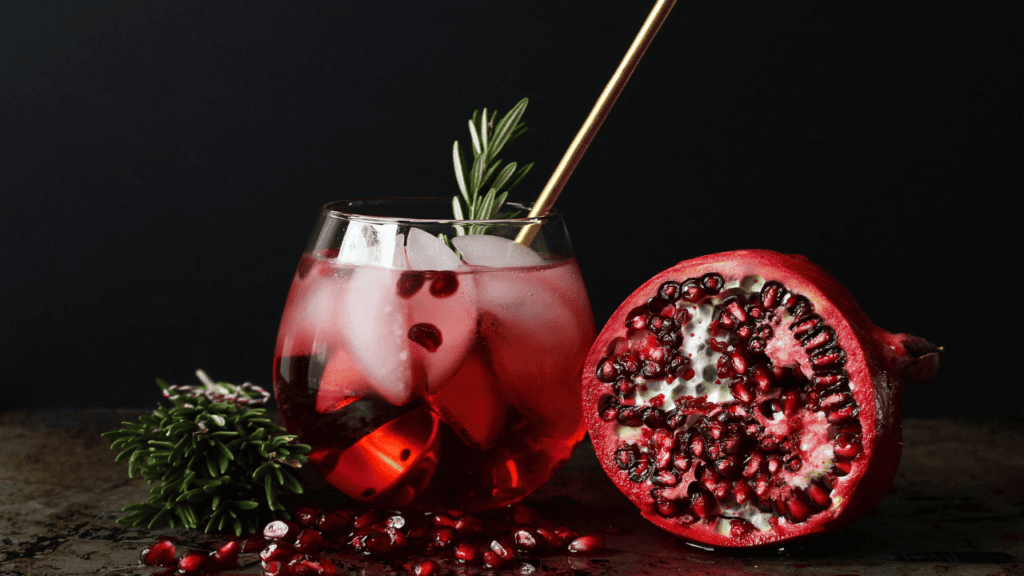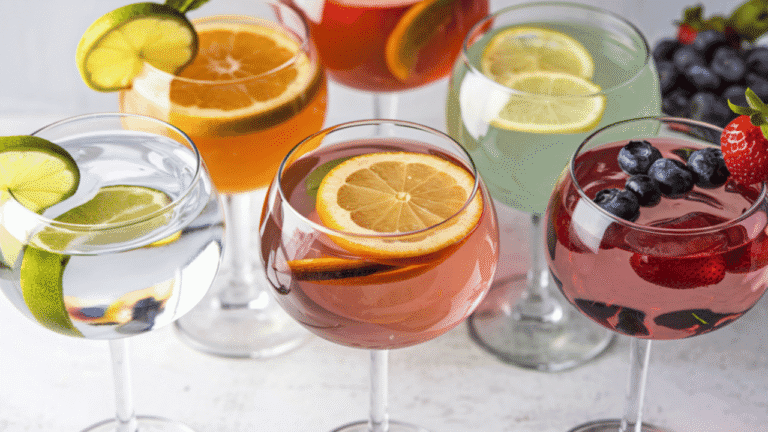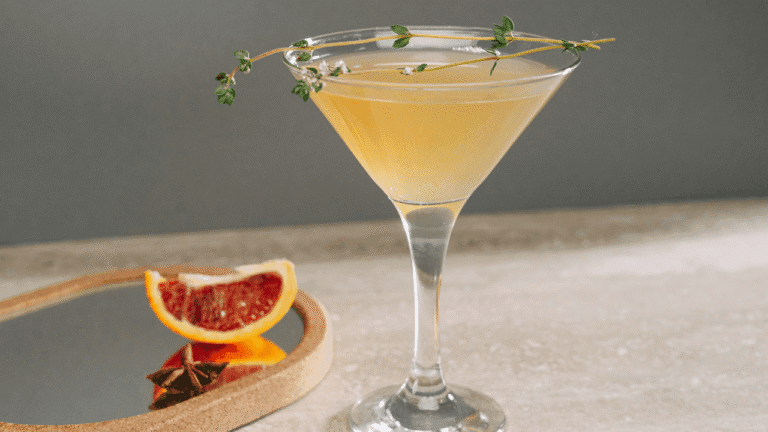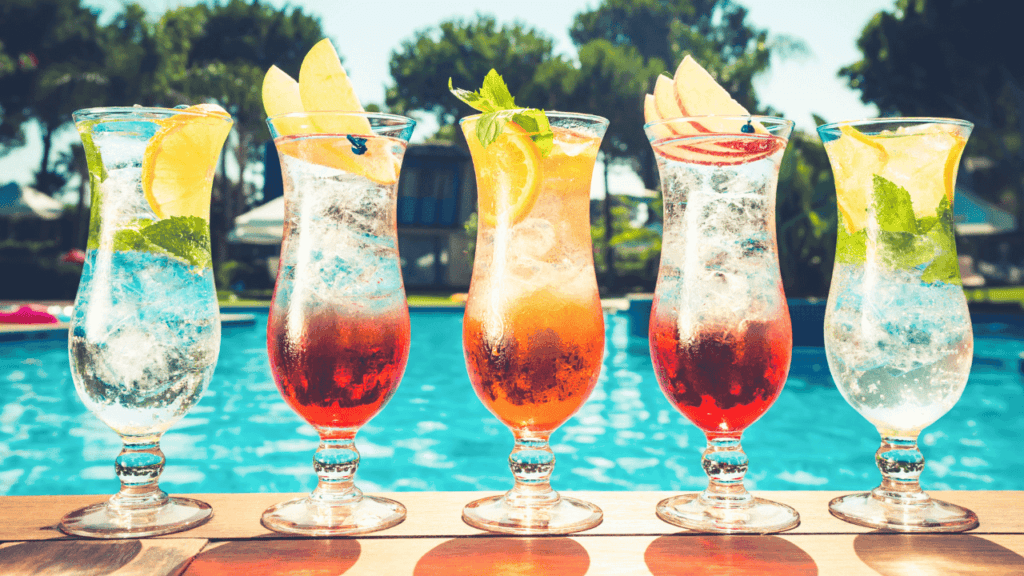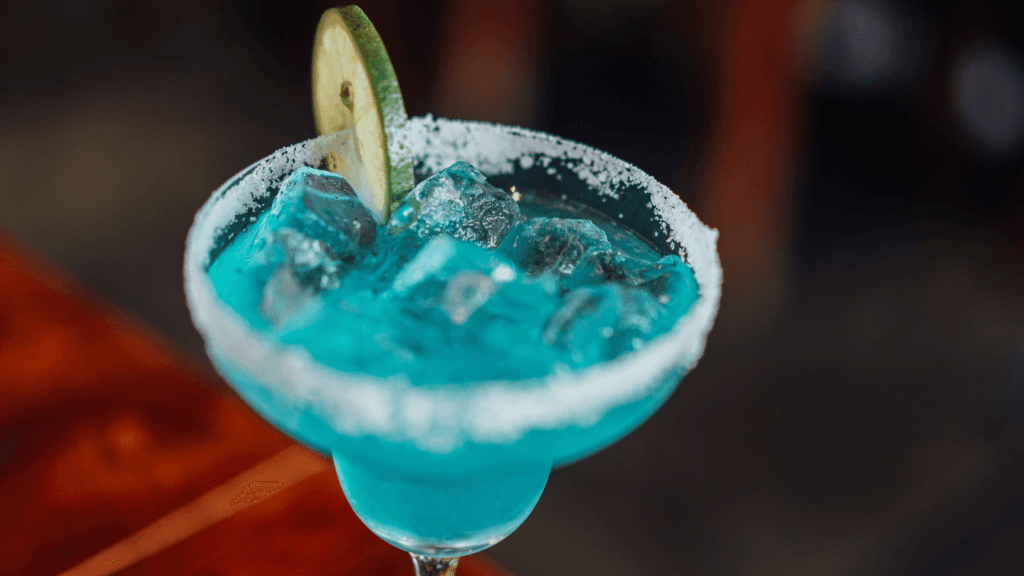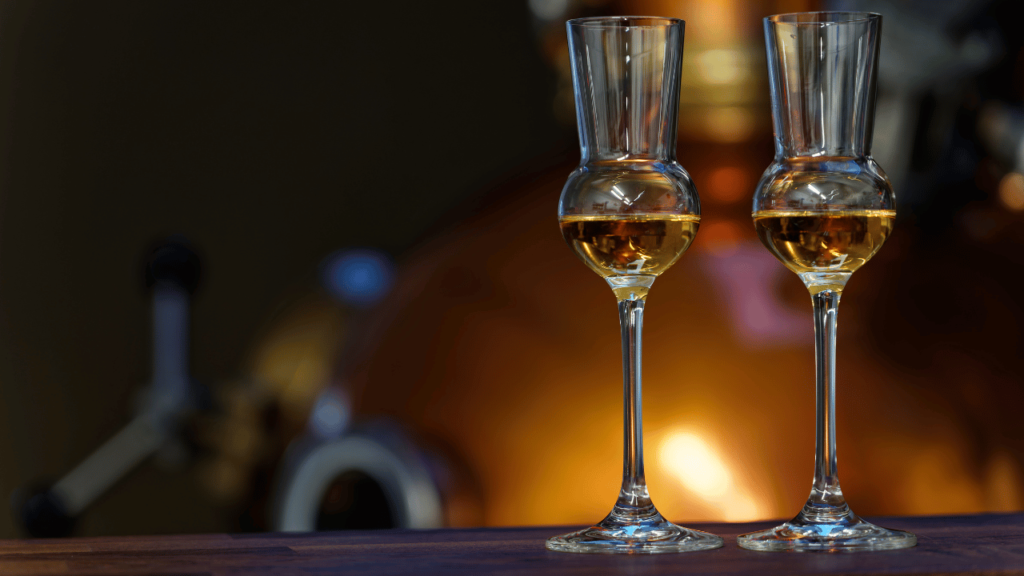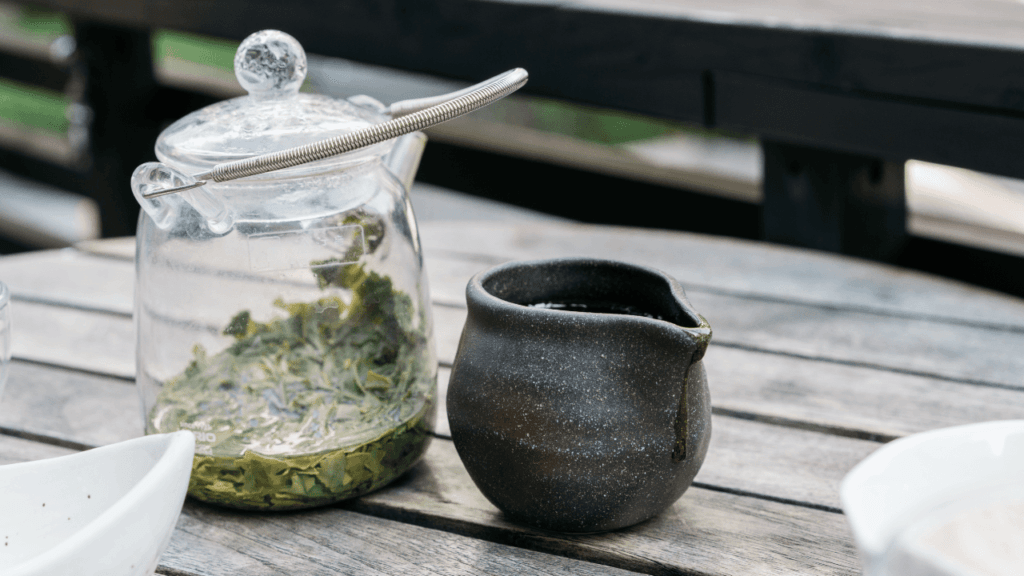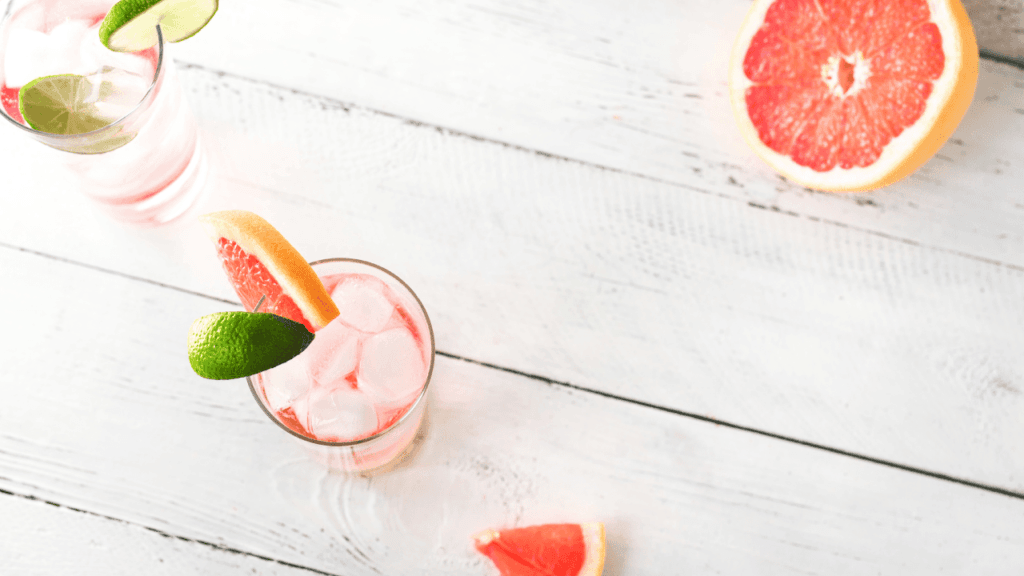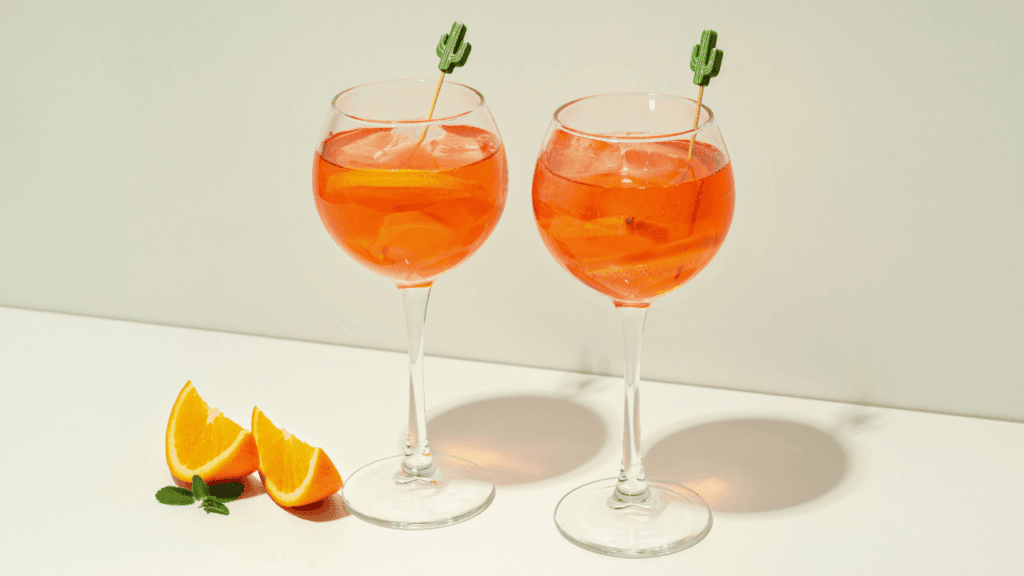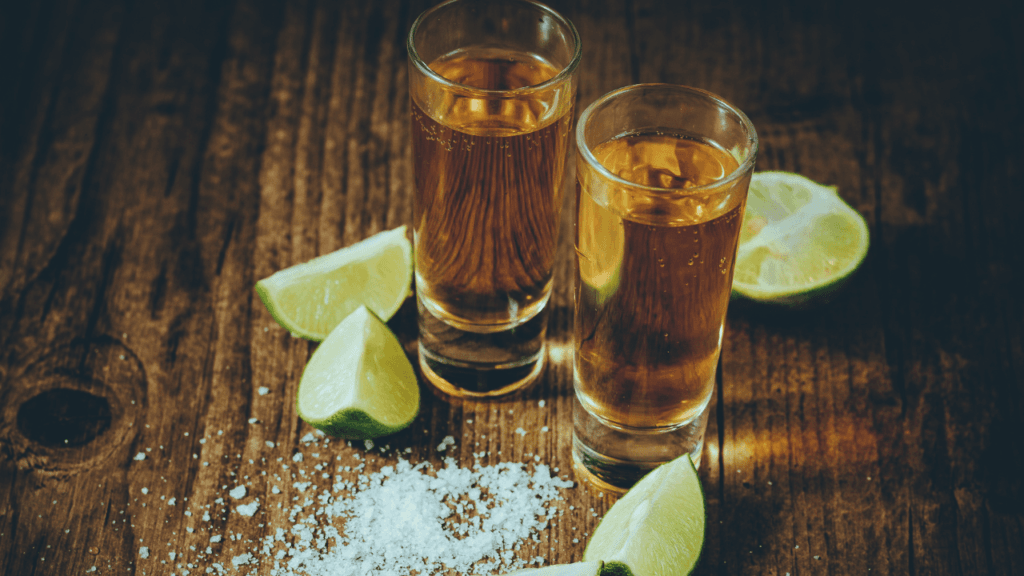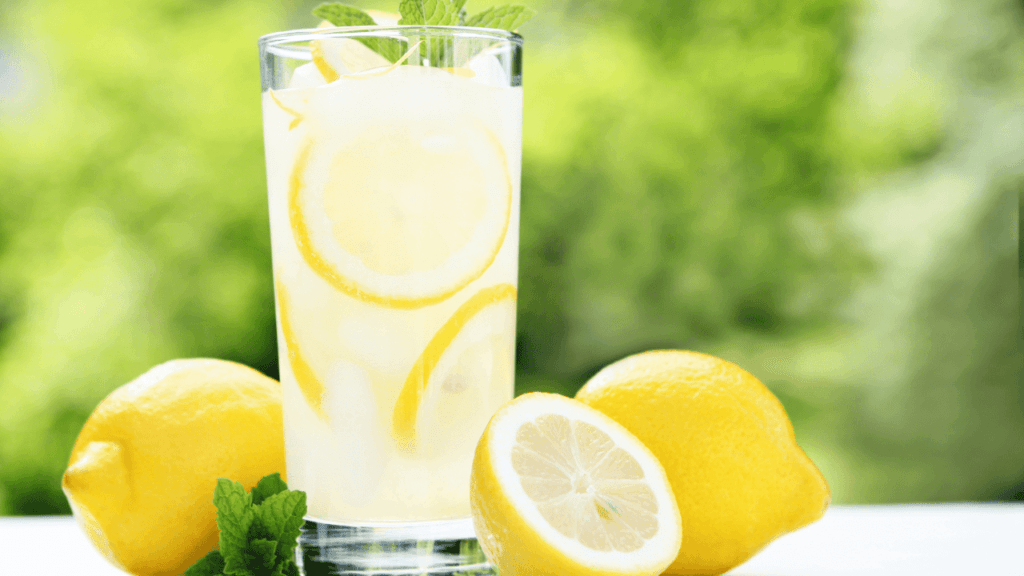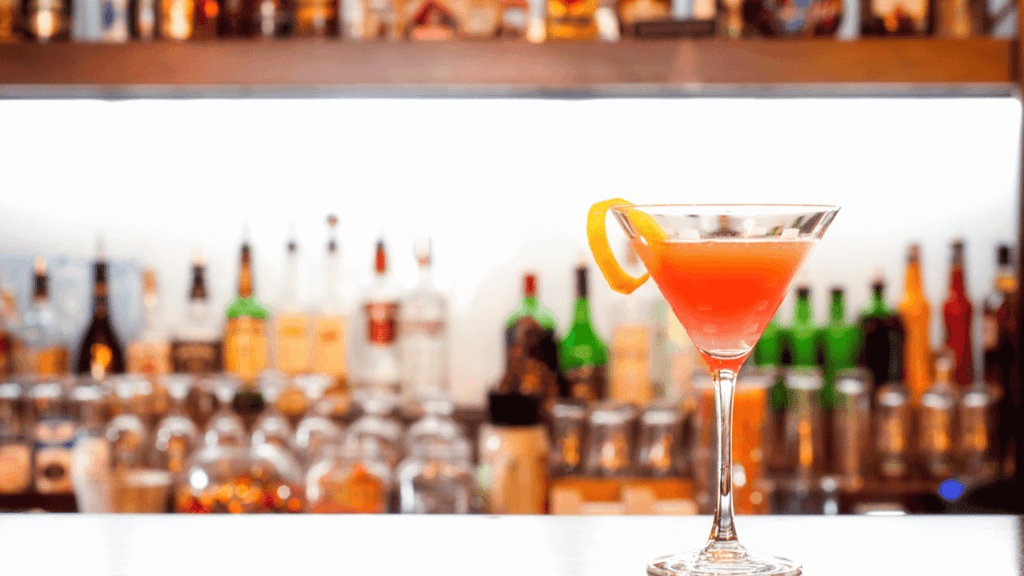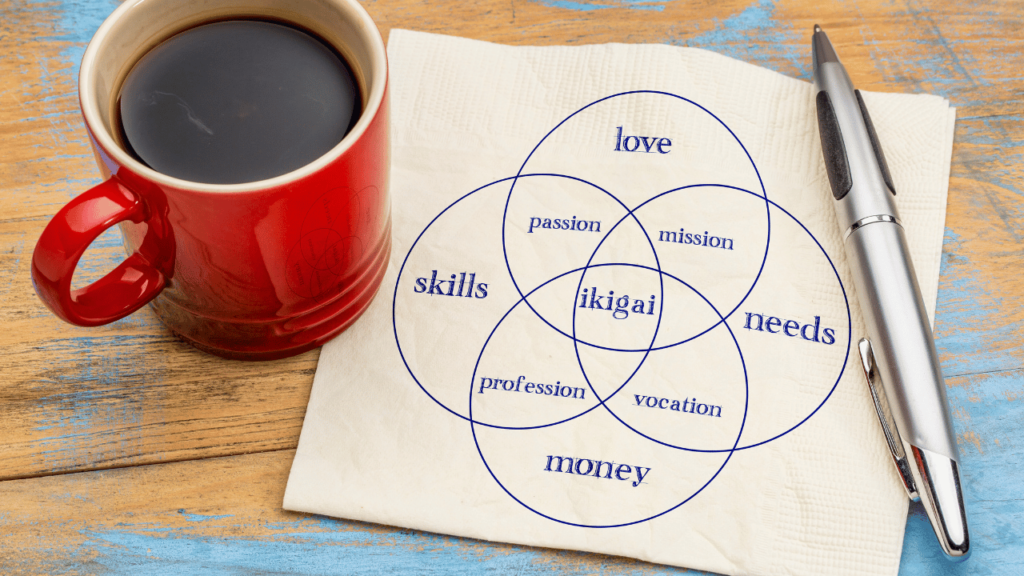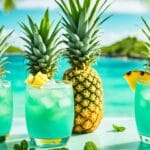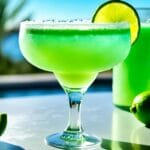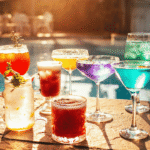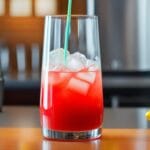What is Mixology cocktail Mixology is the craft of making cocktails. It involves mixing different flavors, using special techniques, and how the drink looks. This makes making a drink more than just pouring alcohol. It turns it into a story of creativity and craftsmanship.
Unlike regular bartending with known drinks, mixology is all about coming up with new and exciting cocktails. Mixologists use a mix of science and creativity. They aim to give you a drink that’s not just tasty but also an experience.
Key Takeaways
- What is Mixology cocktail Mixology has become an increasingly popular career path in recent years.
- Bartending focuses on classic recipes, while mixology focuses on innovation.
- Common techniques in mixology include shaking, stirring, muddling, and blending.
- Essential tools for mixologists include shakers, jiggers, and strainers.
- Online courses and certifications provide in-depth knowledge and formal recognition.
Introduction to Mixology
Mixology is often seen as making fancy drinks. It’s all about creating interesting and tasty cocktails. These drinks range from old-time classics to modern science experiments. Mixologists use their creativity and taste knowledge to make these drinks.
What is Mixology?
Have you ever wondered about mixology cocktail? Think of mixologists as chefs but for drinks. They carefully mix different spirits, mixers, and other flavorings. This includes methods like shaking or muddling that change how the drink tastes and looks.
Mixing a good cocktail is like composing music. Every part must work together perfectly. And this has led to some very popular drinks that people all over the world enjoy.
History and Evolution
The story of mixology goes back really far. Back in 1862, Jerry Thomas wrote the first cocktail recipe book. This was the start of mixology as we know it today.
After that, cocktail making became a big deal in places like the U.S. during Prohibition. Bartenders got creative, and many drinks we still have today were invented then.
The cocktail known as the Sazerac is from New Orleans in the 1800s. It’s a great example of a timeless, well-crafted drink. But, things have evolved since then.
Now, with tools from the science lab, like blowtorches, drinks can be more exciting than ever. This means we get to see and taste drinks in new ways, thanks to modern mixology.
With COVID-19, mixologists have started teaching online. This has made it easier for people to learn about cocktails from home. So, mixology keeps growing and changing, staying interesting for both pros and fans.
The Origins of Mixology
The beginning of mixology goes way back, with a big change happening in Prohibition times. Jerry Thomas is called the father of American mixology. He wrote the first cocktail book, Bar-Tender’s Guide, in 1862. His book showed how to make classic cocktails like the Mint Julep and the Old Fashioned.
Prohibition Era and Its Influence
The Prohibition era was from 1920 to 1933. Alcohol was illegal to sell, but this didn’t stop people from drinking. Bartenders got really creative, making tasty drinks hide the bad taste of illegal alcohol. They came up with classic cocktail recipes that we still use today.
Classic Cocktails and Their Legacy
After Prohibition, cocktails became very popular. People like Trader Vic and Don the Beachcomber helped cocktails get famous again. They made classic cocktails and started to play with different flavors. This time made cocktails like the Martini famous forever.
Today, mixologists keep cocktail history alive. They work with drinks companies to make new cocktail recipes. They use their skills and knowledge to make cocktails that are both new and true to tradition.
What is Mixology cocktail Ingredients in Mixology
Every great cocktail starts with the perfect mix of ingredients. It’s all about combining premium spirits, fresh fruits, and homemade syrups and bitters. This mix highlights the real art of a cocktail.
Knowing what each ingredient does is key to making a drink that stands out. For example, a Daiquiri needs white rum, syrup, and lime juice in a 2:1:1 ratio. Vodka, which is very popular in the US, changes the flavor of any cocktail it’s in.
Key Elements and Their Roles
Spirits like whiskey are critical for favorites such as the Manhattan. Dark rum shines in drinks like the Old Fashioned. Syrups add sweetness, seen in Mojitos, and lime juice is key for its sourness and as a garnish.
Orange juice often makes an appearance, like in Margaritas. Soda water lightens up many drinks. Ice keeps everything cool. And mint is not just a garnish, it can completely change a drink’s taste, as in a Mojito.
Experimentation and Innovation
Mixologists love to try new things, mixing ingredients in ways you wouldn’t expect. The variety in the top-selling cocktails of 2019 shows this. You have the fruity Pina Colada, and then there’s the Margarita that uses tequila.
The heart of mixology is understanding how ingredients work together. This knowledge helps create drinks that delight and surprise. For more on the best cocktail ingredients, visit this guide on cocktail ingredients.
Cocktail Making Techniques
Every cocktail needs the right technique to bring out its best taste and look. Shaking, stirring, muddling, and even setting a drink on fire are key steps. They’re like the ABCs of making a great drink.
Shaking is perfect for mixing things that won’t blend easily, like juice and alcohol. It makes the drink smoother and brings out all the flavors. Plus, it adds a fun touch with some extra bubbles.
Some drinks, though, need a gentler touch than shaking. For those, stirring carefully is the way to go. This ensures the drink is not too watery but perfectly mixed, maintaining a rich texture.
When a cocktail needs fresh flavors, that’s where muddling comes in. It’s about gently crushing herbs or fruits to let out their tasty oils. This step adds a strong, fresh taste without making the drink bitter.
Not forgetting blending, for drinks that should be creamy or frozen. Blending makes everything smooth and well-mixed. So, each sip tastes the same, from the first to the last.
Layering is for when you want your drink to look as good as it tastes. It creates colorful and flavorful layers that mix together in a unique way. It’s like a surprise in every sip.
Flaming is the most thrill-seeking part. It involves lighting a drink on fire, adding a rich, smoky flavor. It’s impressive yet risky, so it’s not for every drink. But when done right, it’s an unforgettable show.
By mastering these techniques, anyone can make outstanding cocktails. They ensure the cocktail tastes as amazing as it looks. These are must-know steps for every good bartender.
Here’s a quick look at some popular techniques:
| Technique | Tools Required | Primary Use |
|---|---|---|
| Shaking | Shaker, Strainer | Mixing non-combinable ingredients |
| Stirring | Bar Spoon | Achieving smooth texture |
| Muddling | Muddler | Extracting flavors from fresh ingredients |
| Layering | Bar Spoon | Creating distinct layers |
| Flaming | High-proof spirit, Lighter | Caramelizing sugars and altering flavor |
Knowing how to do these things right helps turn ordinary drinks into something special. It’s all about combining flavors and skills to wow your friends with a tasty drink.
The Art of Flavor Pairing in Mixology
In mixology, matching flavors is key to making great drinks. It’s about knowing how different tastes work together. This makes your drink taste just right, like a chef does with food.
The Munch series is a prime example. Mixologist Joey Gottesman pairs fancy meals with cocktails. He changes the flavors, making each sip a brilliant journey, loved by all who enjoy good food and drinks.
Joey really shines at the Tequila Munch event. His Tennessee Mai Tai is a hit, with Jack Daniels adding a special twist. It shows how he turns simple drinks into works of art.
For him, simple drinks can be amazing. A classic like a Manhattan or a margarita shows you don’t need a lot to make something great. It’s still all about finding the perfect balance of flavors.
The Munch series is loved by many for these clever drink and food mixes. People flock to events or bars to try new creations. Joey and others keep mixing new hits, changing the world of cocktails.
what is mixology cocktail
A mixology cocktail is a drink designed to showcase a mixologist’s blending skills. It includes different spirits, flavors, and textures. This process involves inventing, preparing, and serving these drinks.
Mixologists choose ingredients carefully and use special techniques. This makes their drinks stand out from the rest.
Jerry Thomas, known as the father of American mixology, set the early standards. In 1862, he explained that every ingredient and method is important. He aimed to mix tradition with new ideas perfectly.
Molecular mixology uses scientific tools to create new flavors. With blowtorches and other equipment, mixologists turn drinks into science experiments. This approach combines science and creativity in the world of drinks.
| Tool | Use |
|---|---|
| Bar Spoon | Stirring and layering cocktails |
| Citrus Squeezer | Extracting fresh juice |
| Cocktail Jigger | Measuring spirits accurately |
| Muddler | Crushing ingredients to release flavors |
| Strainer | Removing ice and fruit pulp |
Advanced mixologists love to try new ingredients and techniques. They join competitions to show off their skills. They also dive deep into the history of ingredients. This makes mixology an ever-changing form of art.
Places like Milwaukee, San Diego, and Los Angeles are seeking more mixology experts. This shows a growing interest in advanced drink-making. Aspiring mixologists can learn through classes, schools, and online courses. This helps them build a solid foundation in this exciting field.
Mixology Tools and Equipment
For any mixologist, the right tools are key in making great cocktails. Becoming familiar with these tools will help you create masterpieces, whether you’re just starting out or already skilled.
Essential Bartender Tools
Every mixologist needs certain tools. The Cobbler and Boston Shakers stand out. Bartenders often prefer the Boston Shaker for its quick cooling, meaning drinks are ready faster.
The Hawthorne strainer is essential to keep unwanted bits out of cocktails. It’s often used with a fine strainer for a smoother finish. This method is taught in many mixology classes.
Utility in Cocktail Creation
Bar spoons and muddlers play vital roles too. Bar spoons help with stirring and layering drinks, while a muddler is necessary for drinks like Mojitos. It lets you handle herbs gently, keeping their taste intact.
Using fresh juice elevates your cocktails. A citrus juicer gets the most flavor out of fruits. For beautiful garnishes, channel knives come in handy, making citrus twists for a stylish touch.
Having the right glasses is important too, like Martini and Collins glasses. They not only look good but also make the drink more enjoyable.
| Tool | Purpose |
|---|---|
| Boston Shaker | Quick cooling, efficient shaking |
| Hawthorne Strainer | Straining fruit and herb particles |
| Bar Spoon | Stirring, creating layered drinks |
| Muddler | Processing herbs for cocktails |
| Citrus Juicer | Extracting fresh juice |
| Channel Knife | Creating garnishes from citrus peels |
The Aesthetics of Presentation
The look and feel of a drink play a key role in mixology. It blends great visuals and taste to make a lasting impression. The art of drink-making is a big subject in mixology classes. These classes teach how to make drinks look amazing.
Visual Appeal and Garnishing
The way a cocktail looks is very important. It makes customers excited to try it. By using creative touches like fruit peels, salty or sweet edges, and even smoke, a drink can be both eye-catching and tasty. Learning about these details is a big part of mixology training.
Mixologists learn to pick the right glass to make their drinks stand out. Making sure the glass looks clean is part of that. These steps make the drinking experience better. It helps customers enjoy their drink more and want to come back. This is a key lesson in mixology classes.
Cocktail menus for special occasions can make a bar stand out. Adding the right touches makes drinks more than just drinks—it’s an experience. This practice can make a place known for great drinks and great times.
The Future of Mixology
Mixology is always changing, with new trends and a focus on being green. New ways and tools are shaping cocktails, making them more interesting.
Trends and Innovations
In recent times, craft cocktail bars have become popular. They focus on making drinks with high-quality ingredients and advanced techniques. For instance, molecular mixology uses science to create drinks that are both beautiful and taste great. Furthermore, bars are using new tech to give you a unique experience with your drinks.
Now, people are looking for drinks with less alcohol or no alcohol. This is because they want to live healthier. Mixologists are getting creative with their drinks, trying new flavors and ingredients.
Sustainability and Zero-Waste Practices
Mixologists are also focusing on being eco-friendly. They are using practices that produce less waste. This includes using things that might otherwise be thrown away. They’re also choosing to work with local and organic products. This way, they support their communities and help the planet.
The future of mixology looks bright. It combines caring for the environment with new and cool trends. Expect fun new drinks and efforts to do good with each sip.
Conclusion
What is Mixology cocktail Mixology isn’t just about making drinks. It’s a mix of culture, history, and new ideas. Making a cocktail starts with picking the right ingredients. Then, there’s the process of mixing and finally, a beautiful drink is served.
This process shows the hard work and imagination mixologists put in. They learn over many years and practice a lot.
The word ‘mixology’ has come back from the 1800s to now. Today, mixologists use science to make drinks better. Social media has helped spread the love of unique cocktails. This has led to more places making special drinks that people love.
Looking ahead, saving the planet and using local ingredients are key. This shows a care for the earth. New mixologists have many chances to grow, from working in bars to taking courses. These changes make mixology an exciting art that everyone enjoys.


